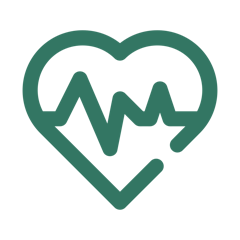There has been a proven correlation between life expectancy and the community in which someone lives1. Since location is a critical determinant of health and wellbeing, community health education is critical to healthy and well functioning communities. According to the CDC, community health promotes a healthy lifestyle, “helps prevent chronic diseases, and brings the greatest health benefit to the greatest number of people in need. It also helps to reduce health gaps caused by differences in race and ethnicity, location, social status, income, and other factors that can affect health”2. Focusing on human sciences at the community level, and incorporating community engagement with public health, is beneficial both to the community and to the nation’s health as a whole.
In this article, we will delve into the field of community health education by exploring key concepts, significance in public health, factors to take into account when considering a career in community health education, and advice. FInally, we will end with a few case studies detailing individuals and programs that are making a difference in the field today.






